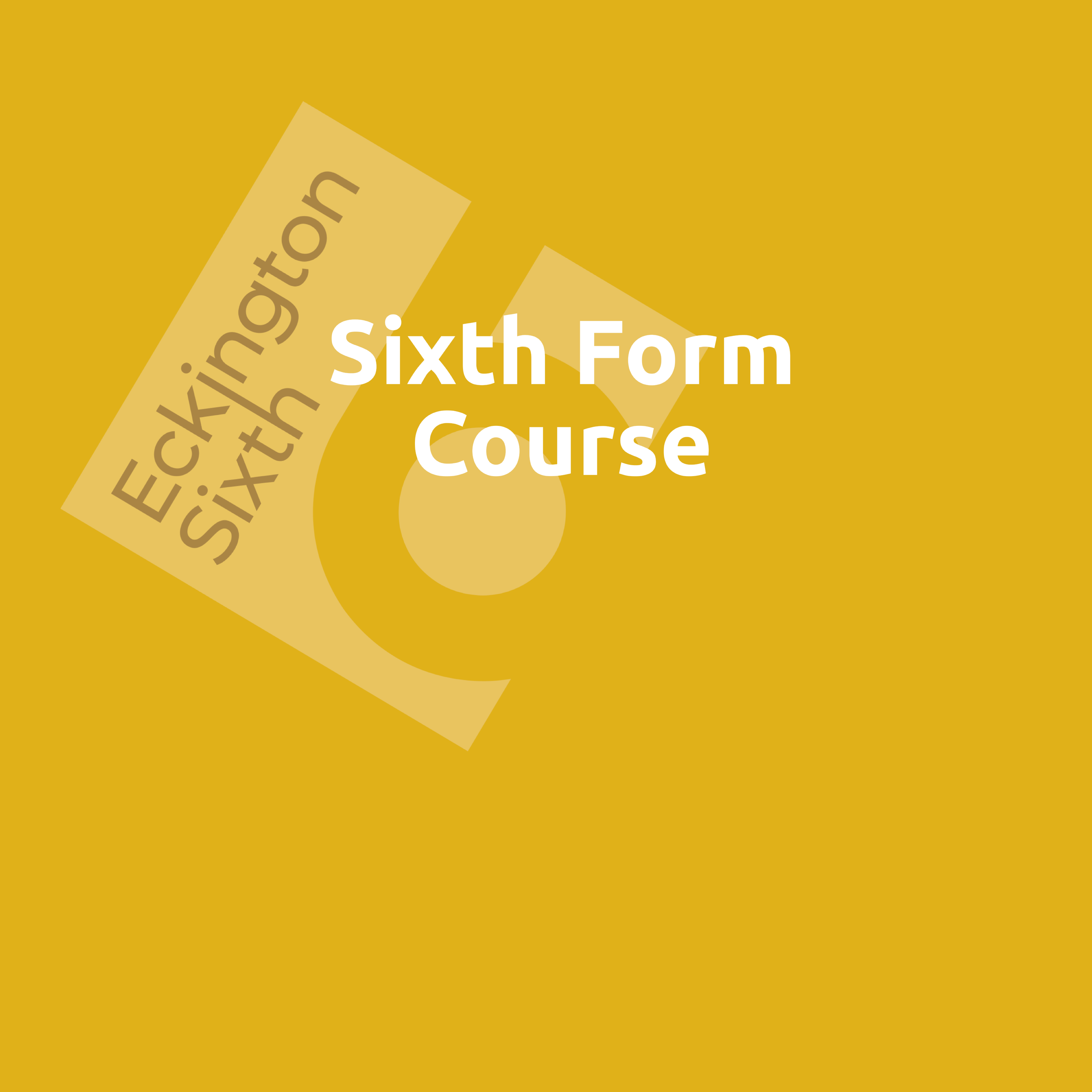Courses
We offer a broad and balanced curriculum, for key stage 3 (Years 7-9), key stage 4 (Years 10 and 11) and key stage 5 (Years 12 and 13 - Sixth Form). Click the appropriate button below to find the details for each subject offered in each key stage.

Overview
Food Science & Nutrition
Introduction
The level 3 food science and nutrition qualification encourages students to be creative and innovative and allows students to gain a wealth of knowledge about the food and nutrition industry. Students will have the opportunity to learn about the relationship between the human body and food as well as practical skills for cooking and preparing food.
This qualification will enable you to demonstrate an understanding of the science of food safety, nutrition and nutritional needs in a wide range of contexts, and through ongoing practical sessions, to gain practical skills to produce quality food items to meet the needs of individuals. It has been designed to offer exciting, interesting experiences through applied learning, i.e. through the acquisition of knowledge and understanding in purposeful, work-related contexts, linked to the food production industry.
This is an applied general qualification and is designed primarily to support students progressing to university. They will build on and extend their practical food preparation skills, plus each unit within the qualification has an applied purpose which acts as a focus for the learning in the unit. The applied purpose demands authentic work-related learning in each of the available units. It also requires students to consider how their learning impacts on themselves, other individuals, employers, society and the environment.
Qualification
Level 3 applied certificate and/or diploma
Awarding body
WJEC
Course leader
D Robinson
Assessment
- Examination: 50%
- Non-examined assessment: 50%
Assessment details
- Unit 1 will be both internally and externally assessed through a controlled assessment piece of work and a 90-minute examination.
- Unit 2 is externally assessed. An assignment will be produced in May each year and will be completed over an eight-hour timed period of supervision.
- Unit 3 is internally assessed through practical and written controlled assessment completed in controlled conditions.
- Unit 4 through practical and written controlled assessment completed in controlled conditions.
Curriculum
Topics
- Unit 1: Meeting nutritional needs of specific groups.
- Unit 2: Ensuring food is safe to eat.
- Unit 3: Experimenting to solve food production problems.
- Unit 4: Current issues in food science and nutrition.
Skills and requirements
Subject entry requirements
5 GCSEs grade 4 or above including English and maths.
Sixth Form entry requirements
4 A-levels over 2 years: for students who have achieved 5 or more grade 7s or above including English and maths (grade 5 or above).
3 A-levels over 2 years: for students who have achieved 5 grade 5s or above including English and maths.
Level 3 vocational courses: for students who have achieved 5 grade 4s or above including English and maths.
Beyond the classroom
Future pathways
An understanding of food and nutrition is relevant to many industries and job roles. Care providers and nutritionists in hospitals use this knowledge, as do sports coaches and fitness instructors. Hotels and restaurants, food manufacturers and government agencies also use this understanding to develop menus, food products and policies that support healthy eating initiatives. Food and drink are the largest manufacturing sectors in the UK.
This qualification could lead to degree courses in dietetics, food and beverages, food marketing, procurement, sports nutrition, quality assurance, media or even education. Alternatively, it also prepares you for higher level industry apprenticeships.
Many employment opportunities within the field of food science and nutrition are available to graduates.



